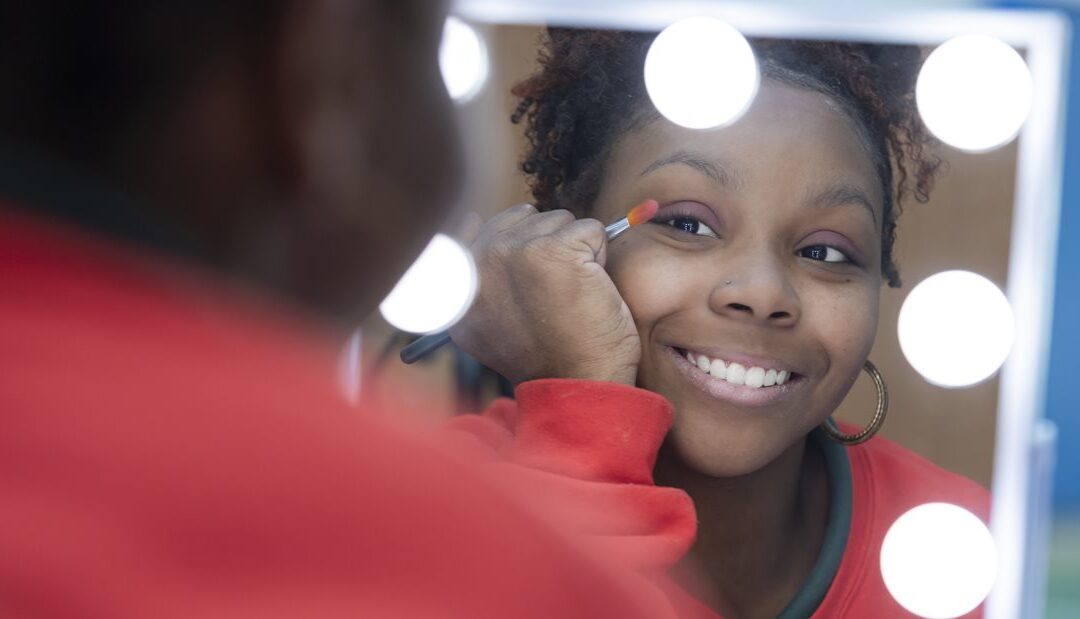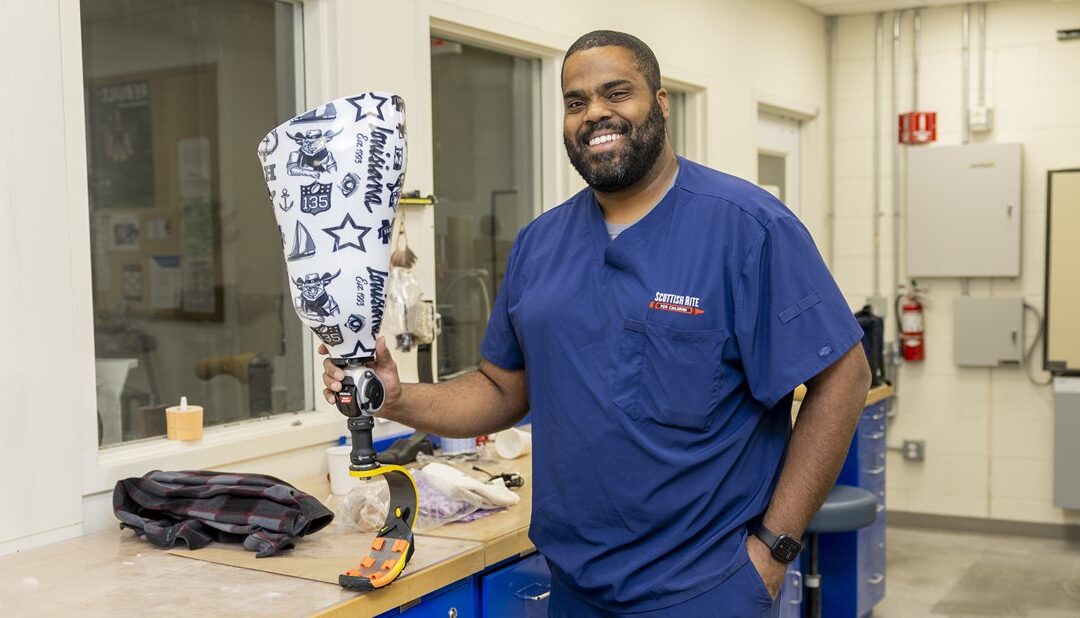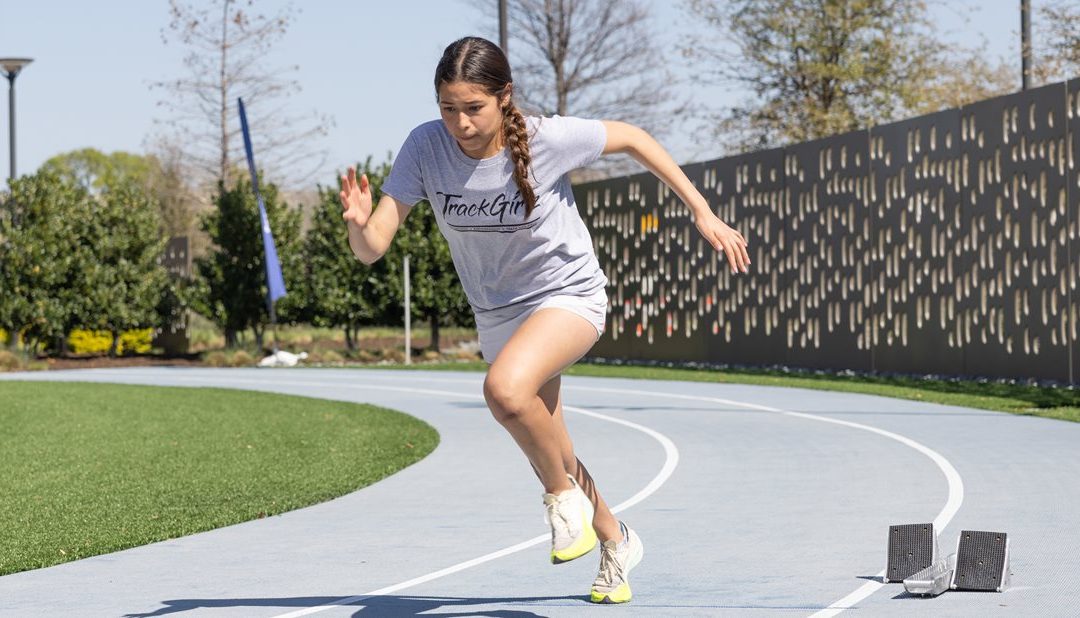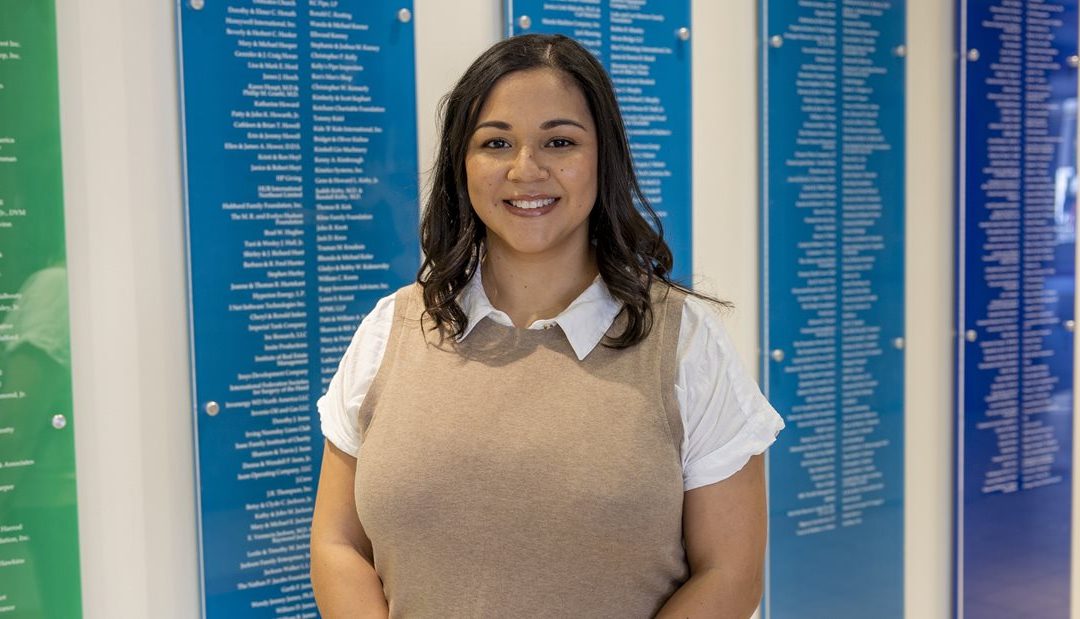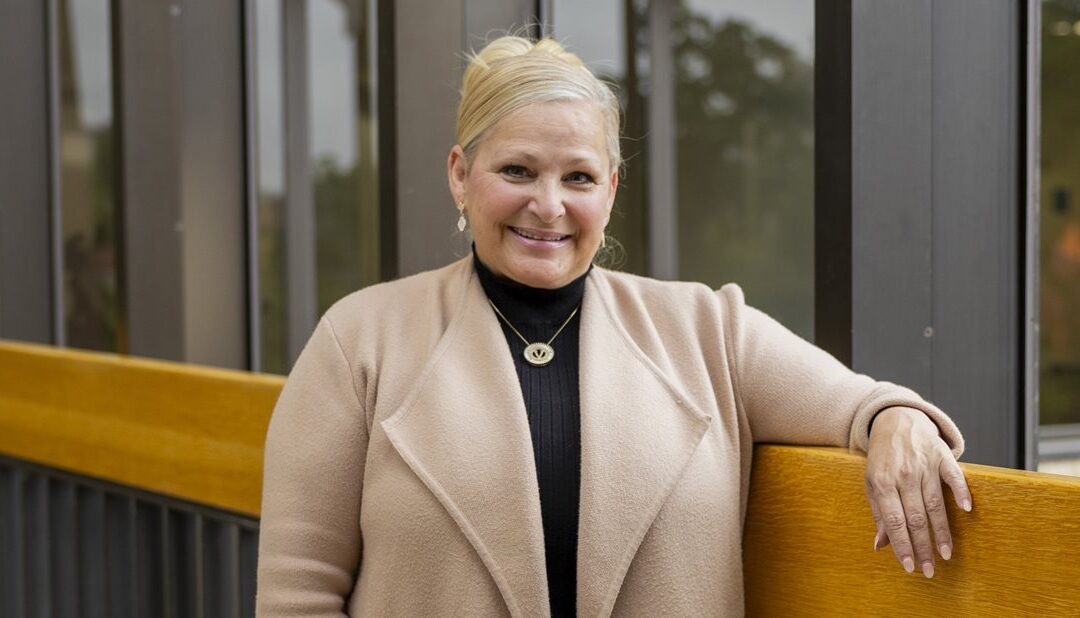
Get to Know our Staff: Valory Hall, General Counsel
What is your job title/your role at Scottish Rite for Children?
I am a contract administrator.
What do you do on a daily basis or what sort of duties do you have at work?
I work on our contracts, which can involve anything from handling a contract for a hosted special event to surgical equipment for our operating rooms. I also educate new staff on the contracting process by training them on our contract management system called Meditract. I love that I get to have contact with such a broad range of Scottish Rite staff daily.
What was your first job? What path did you take to get here or what led you to Scottish Rite?
My first job was at a t-shirt shop in high school, which I loved! We made all of the team jerseys for the city and local YMCA. It was always busy, required organization and attention to detail, which has served me well in paralegal work over the years and into the work I do at Scottish Rite today.
What do you enjoy most about Scottish Rite?
The thing I love most about working at Scottish Rite is being able to see the precious patients and their families as I walk around the hospital. It makes me happy to know that some of the projects I work on could potentially have a positive impact on patients. I love Scottish Rite’s mission and am happy to play a small part in it!
Tell us something about your job that others might not already know?
The General Counsel team has a lot more than just contracts on our plate. We also work on Scottish Rite’s:
- Policies
- Compliance
- Employee benefits
- Insurance
- Risk management
- Oil and gas
- Donated properties and estates
Where is the most interesting place you’ve been?
I lived in Los Angeles for a few years, and there is never a dull moment in that city. I don’t think there is anywhere else in the U.S. where you can go from ocean, to desert, to mountains and to the urban sprawl all within a few hours. There are so many breathtaking views in the Los Angeles area. My all-time favorites views are of the Pacific Ocean, as you drive out of the Malibu Canyon and the twinkly night time view of downtown Los Angeles from the Griffith Observatory.
What is your favorite game or sport to watch and play?
I’m a big baseball fan. I love the Texas Rangers, but the Los Angeles Dodgers are a close second in my heart. I also enjoy playing all types of cards and board games. One of my favorite things is hosting a game night with family and friends.
If you could go back in time, what year would you travel to?
I would go back to the Roaring 20s. The clothes, cars, literature and music of that era are fascinating to me.
What’s one fun fact about yourself?
I have a competitive streak and love to play in local dart leagues.


